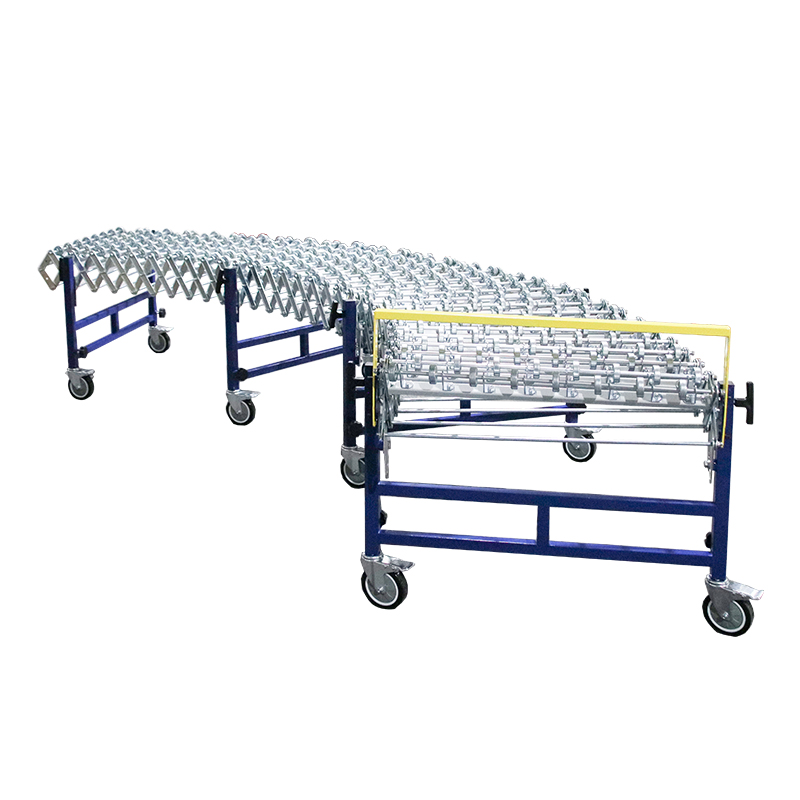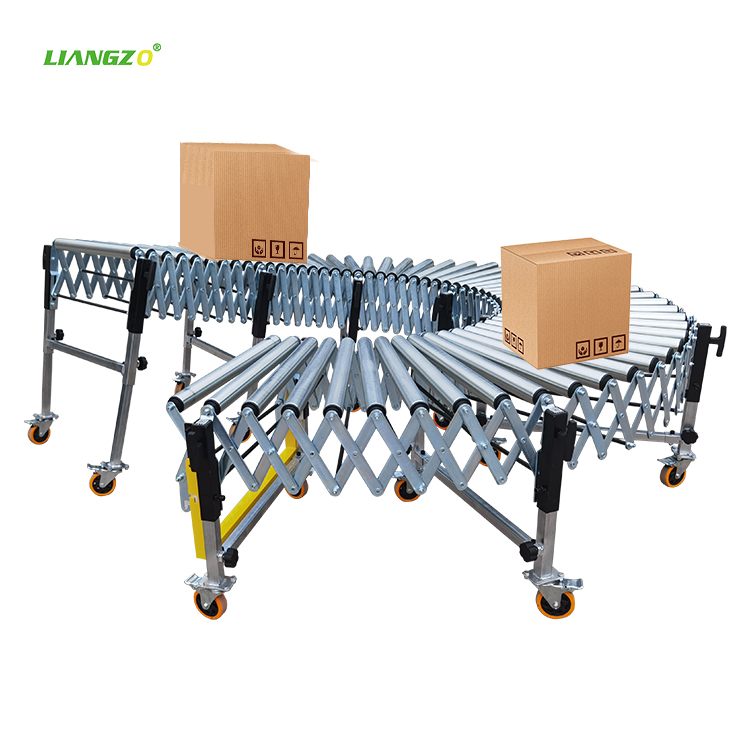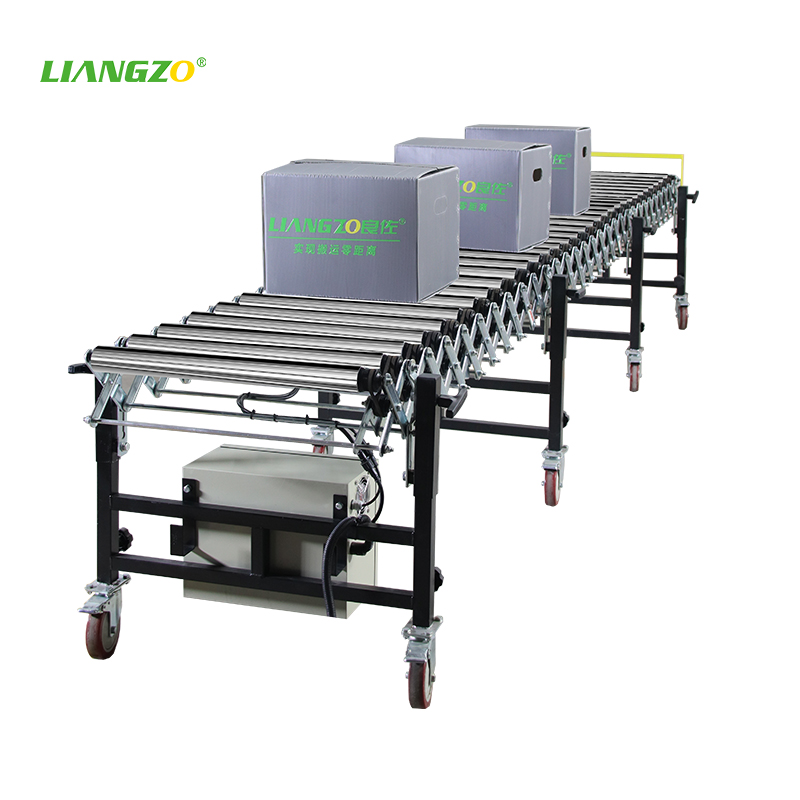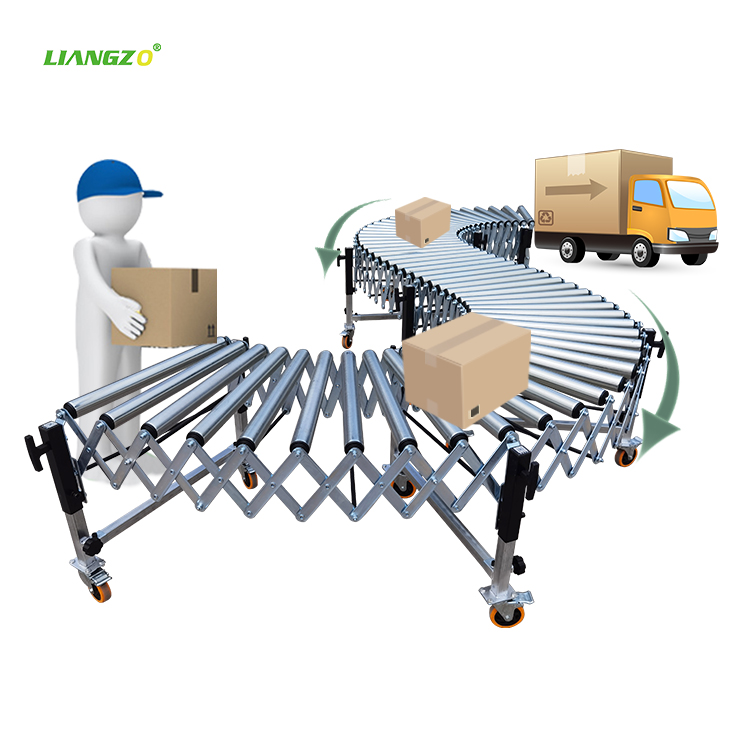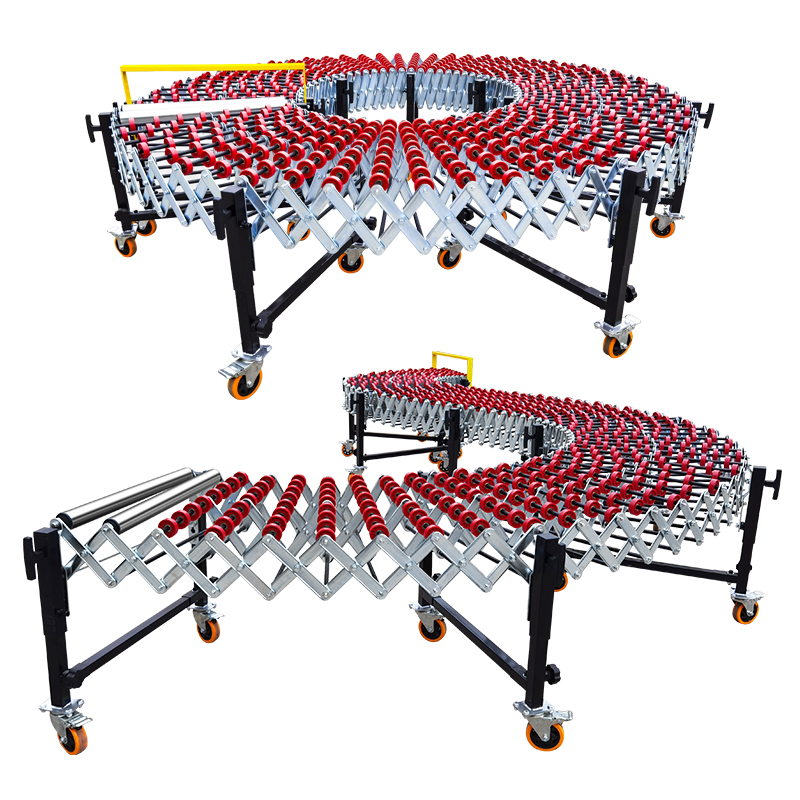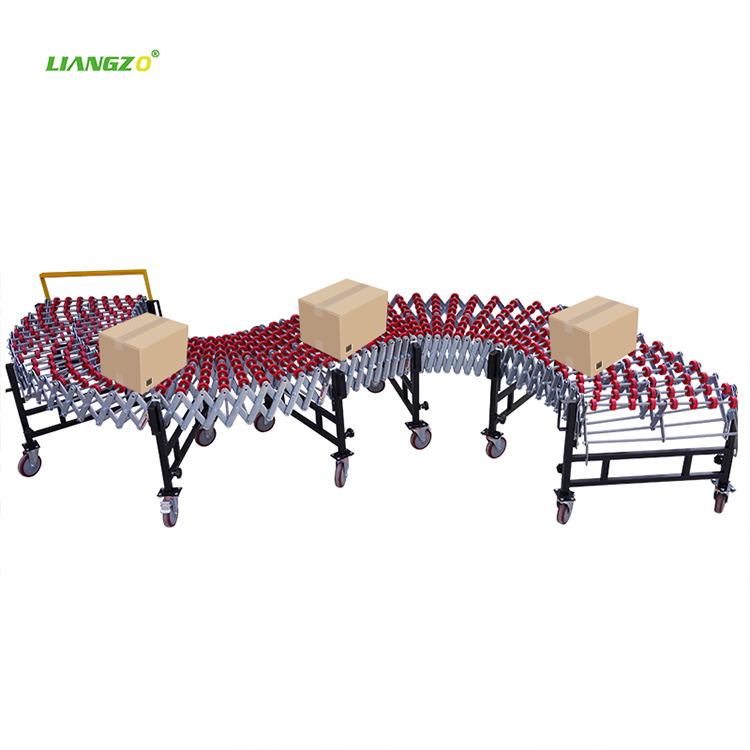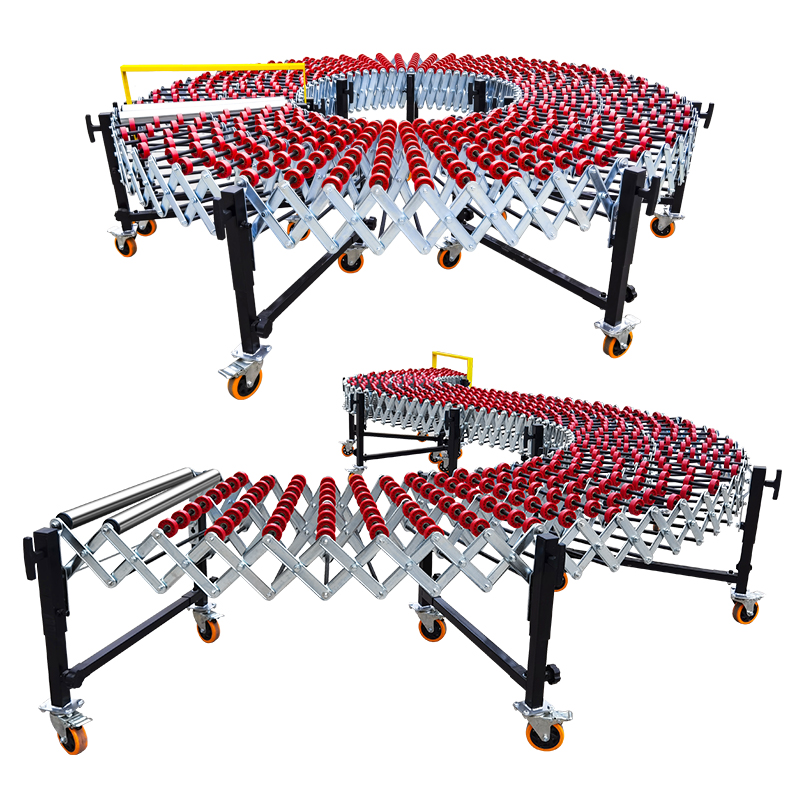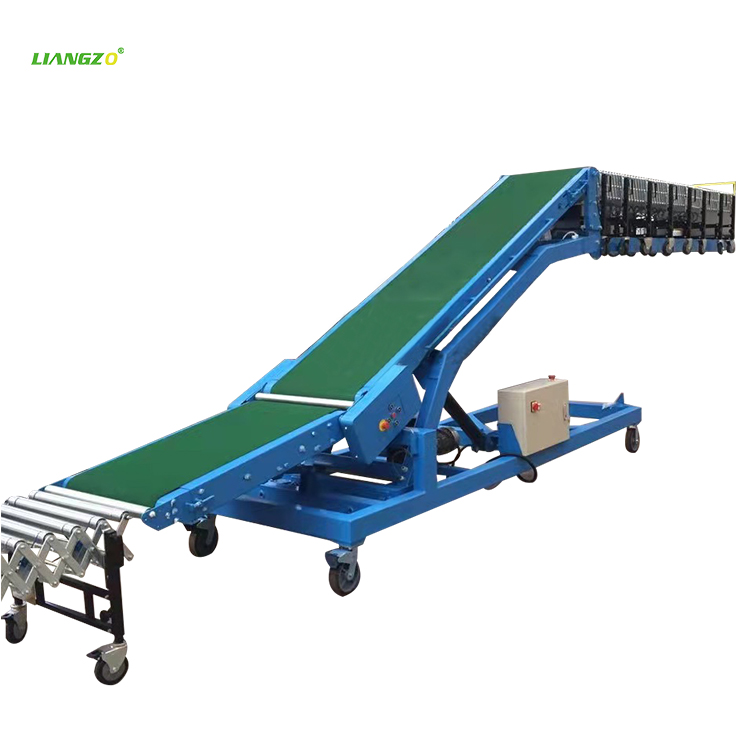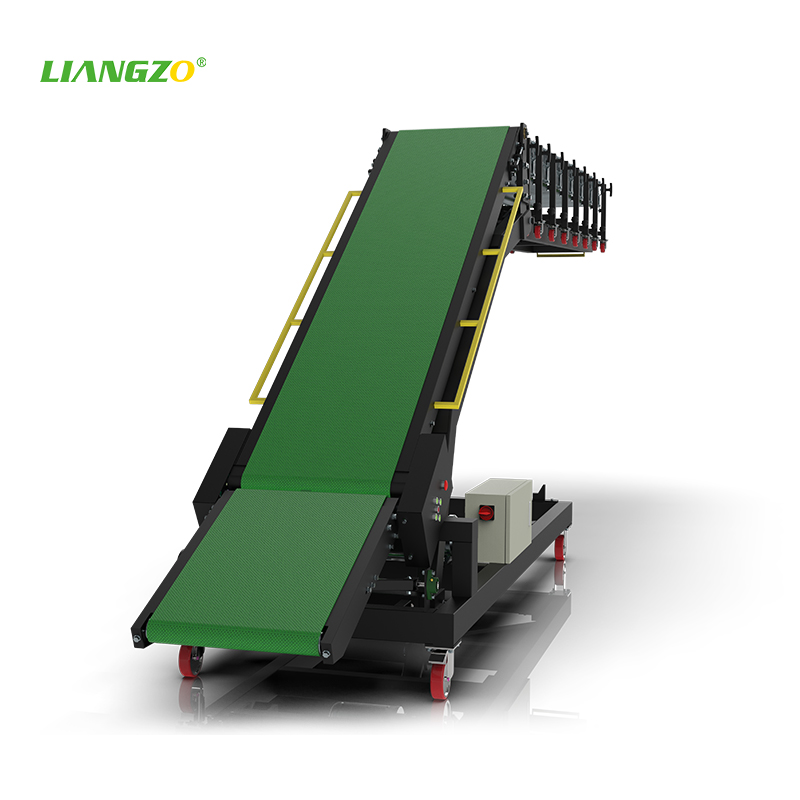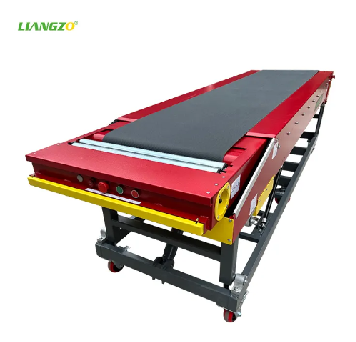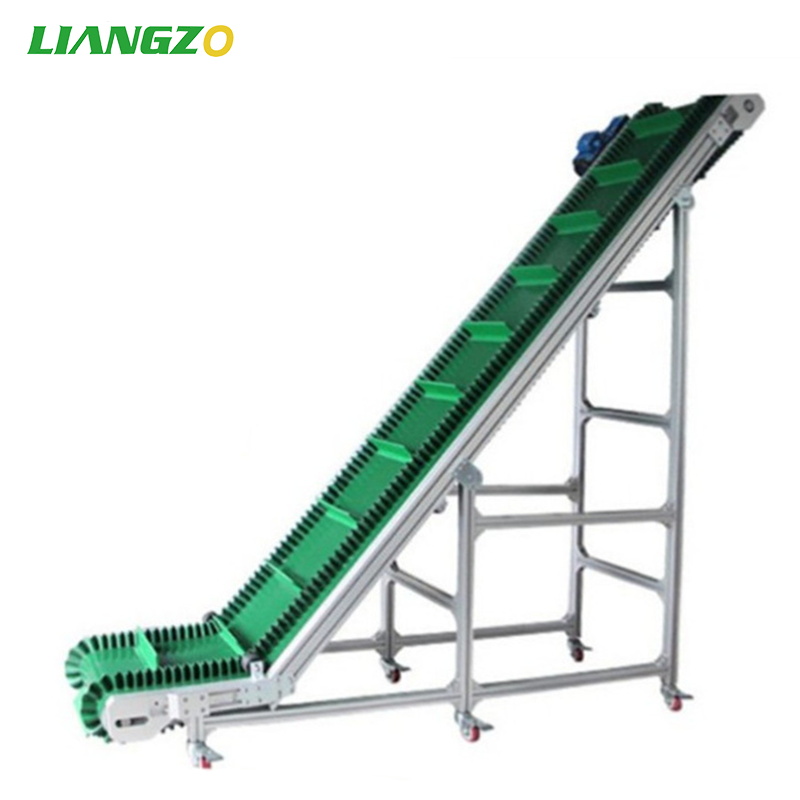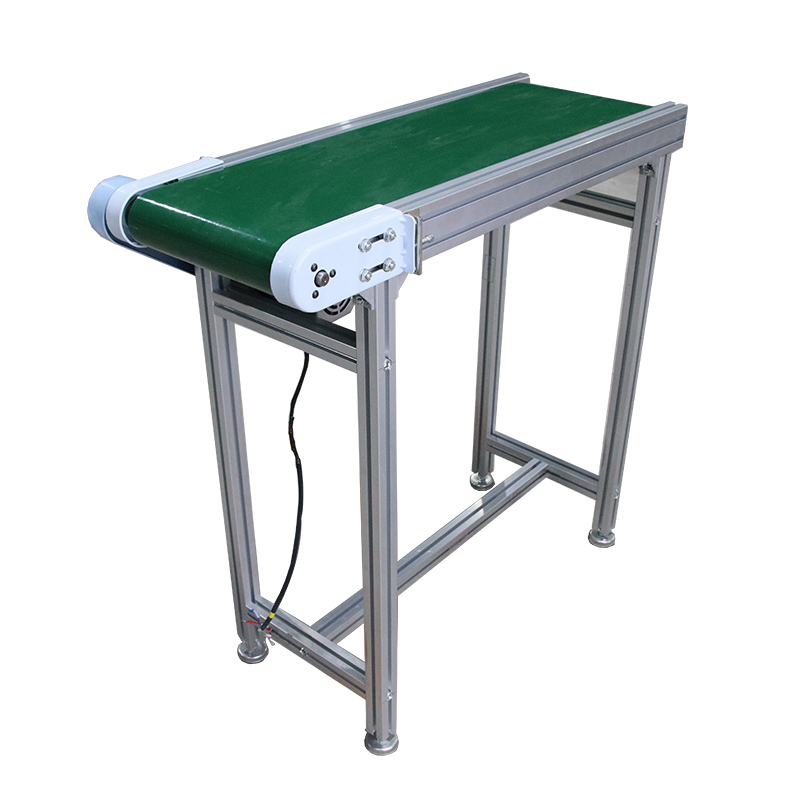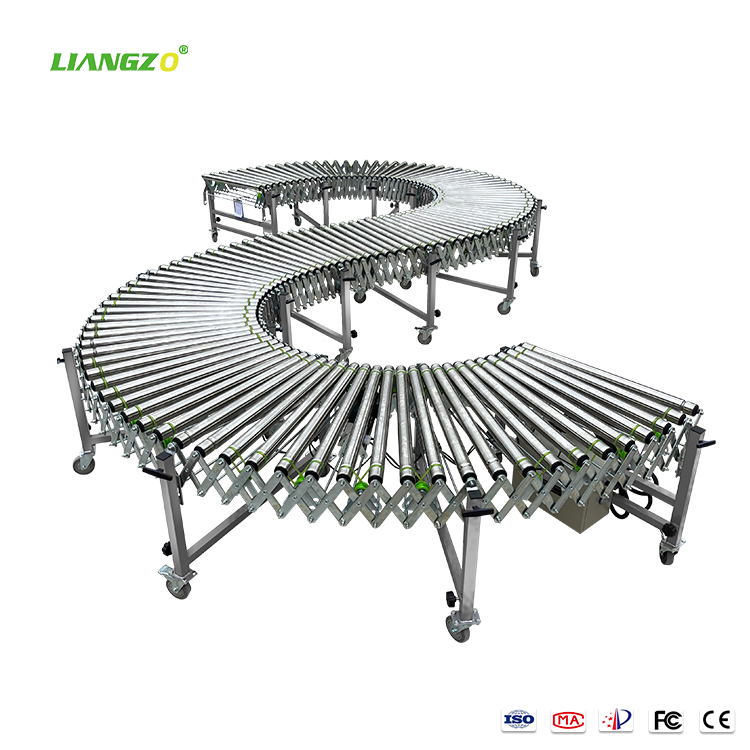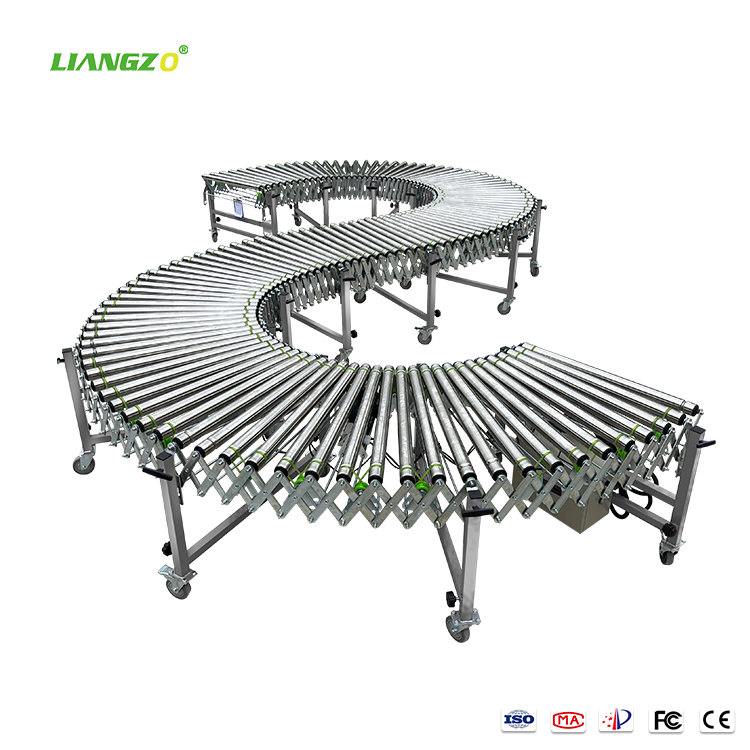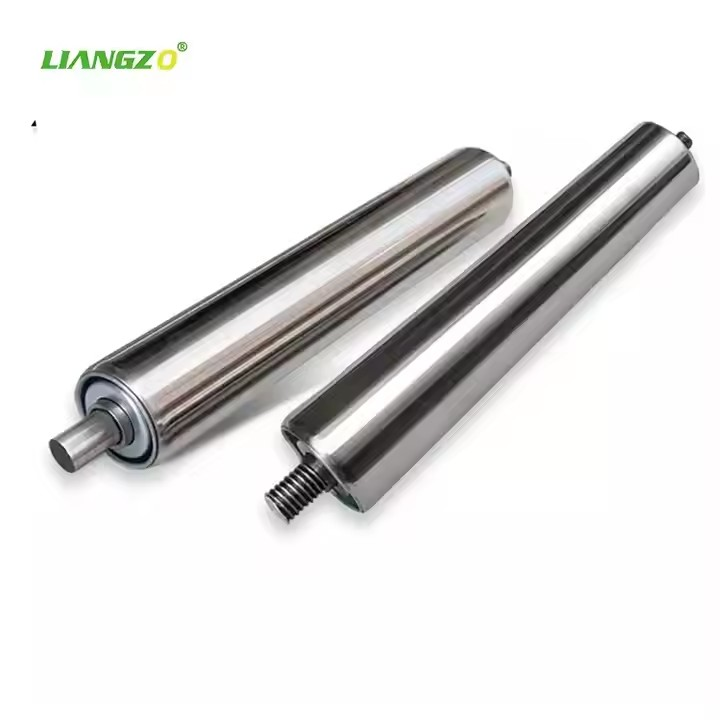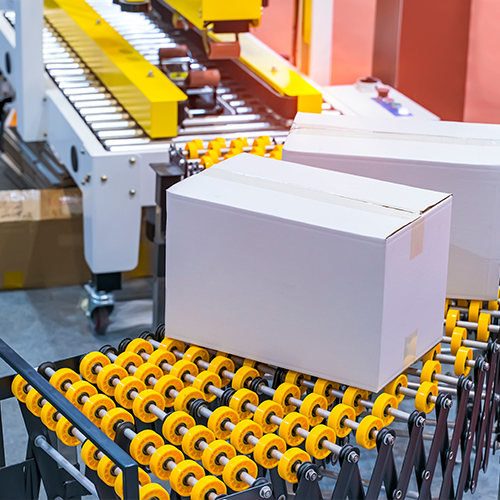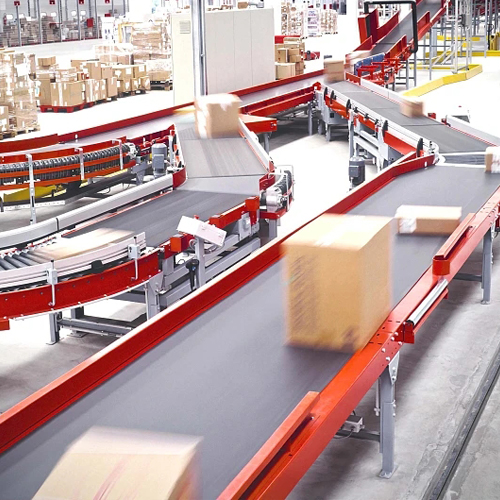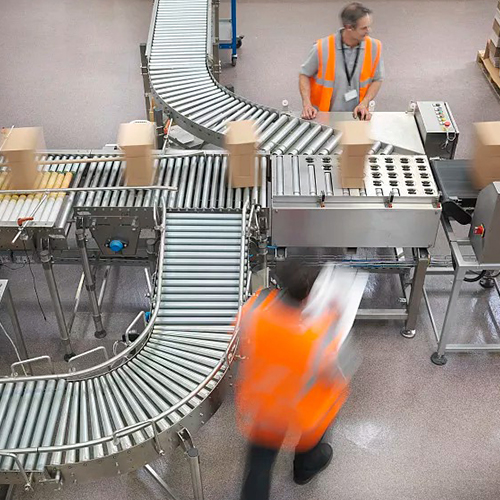The Ultimate Guide to Maintaining Roller and Belt Conveyors for Optimal Performance
Introduction
Conveyor systems, including roller conveyors and belt conveyors, are the backbone of material handling in industries such as manufacturing, logistics, food processing, and packaging. Proper maintenance is crucial to prevent unexpected breakdowns, reduce operational costs, and extend the lifespan of your equipment.
This comprehensivguide covers:
✔ Daily, Weekly, and Monthly Maintenance Checklists
✔ Detailed Troubleshooting for Common Conveyor Issues
✔ Best Practices for Long-Term Conveyor Care
✔ Safety Precautions for Maintenance Personnel
✔ When to Seek Professional Servicing
By following these maintenance protocols, you can maximize efficiency, minimize downtime, and ensure smooth production flow.
1. Daily Maintenance for Conveyor Systems
A. Roller Conveyor Daily Checks
Inspect Roller Rotation
Manually rotate each roller to ensure smooth movement.
Replace any stuck, wobbly, or noisy rollers immediately.
Check for debris lodged between rollers.
Clean the Conveyor Path
Remove dust, metal shavings, and spilled materials.
Use compressed air or a brush for hard-to-reach areas.
Check Alignment & Frame Stability
Misaligned rollers cause product jams and uneven wear.
Tighten loose bolts and supports to prevent structural issues.
Lubrication (If Applicable)
Some rollers have sealed bearings (maintenance-free).
For non-sealed bearings, apply a light machine oil.
B. Belt Conveyor Daily Checks
Inspect Belt Condition
Look for cracks, fraying edges, or material buildup.
Clean the belt with a damp cloth or belt scraper.
Check Belt Tension
Too loose? The belt may slip under load.
Too tight? Excessive strain can damage bearings and motors.
Examine Pulleys & Idlers
Ensure they rotate freely without wobbling.
Listen for unusual grinding or squeaking noises.
Monitor Drive System
Check motor and gearbox for overheating.
Verify that belts and chains are properly tensioned.
2. Weekly & Monthly Maintenance Procedures
A. Roller Conveyor Weekly Tasks
✅ Lubricate Bearings & Chains
Use high-quality grease for chains and sprockets.
Avoid over-lubrication to prevent dirt accumulation.
✅ Inspect Motor & Drive Components
Check for unusual vibrations or noises.
Ensure electrical connections are secure.
✅ Test Emergency Stop Functions
Verify that safety stops and sensors work correctly.
B. Belt Conveyor Monthly Tasks
✅ Adjust Belt Tracking
Misaligned belts wear unevenly and can derail.
Use tracking screws to center the belt.
✅ Inspect Splices & Fasteners
Check for loose bolts, damaged splices, or belt separation.
Replace worn fasteners immediately.
✅ Examine Gearbox & Motor Oil Levels
Top up or replace lubricants as per manufacturer guidelines.
3. Common Conveyor Problems & Solutions
| Problem | Possible Causes | Solutions |
|---|---|---|
| Roller Jamming | Dirt buildup, bearing failure | Clean rollers, replace damaged bearings |
| Belt Slipping | Low tension, worn pulley | Adjust tension, replace lagging |
| Excessive Noise | Misalignment, lack of lubrication | Align rollers, lubricate bearings |
| Belt Misalignment | Uneven load, damaged frame | Adjust tracking, replace bent rollers |
| Motor Overheating | Overloading, poor ventilation | Reduce load, check cooling fans |
4. Long-Term Maintenance & Best Practices
A. Scheduled Professional Inspections
Conduct annual deep inspections of motors, gearboxes, and electrical systems.
Hire a technician to check for hidden wear and tear.
B. Keep Critical Spare Parts
Stock extra rollers, belts, bearings, and motors to minimize downtime.
C. Operator Training & Safety
Train workers on proper loading techniques to avoid overloading.
Enforce lockout/tagout (LOTO) procedures during maintenance.
5. When to Call a Professional
While daily maintenance can be handled in-house, seek professional help for:
🔧 Belt replacement & vulcanization
🔧 Motor & gearbox overhauls
🔧 Structural realignment of conveyor frames
Conclusion
Regular maintenance of roller and belt conveyors ensures smooth operations, reduces repair costs, and extends equipment life. Follow this guide to keep your conveyor systems running efficiently.
🛠 Need expert servicing or replacement parts? Contact us today for reliable conveyor solutions!


